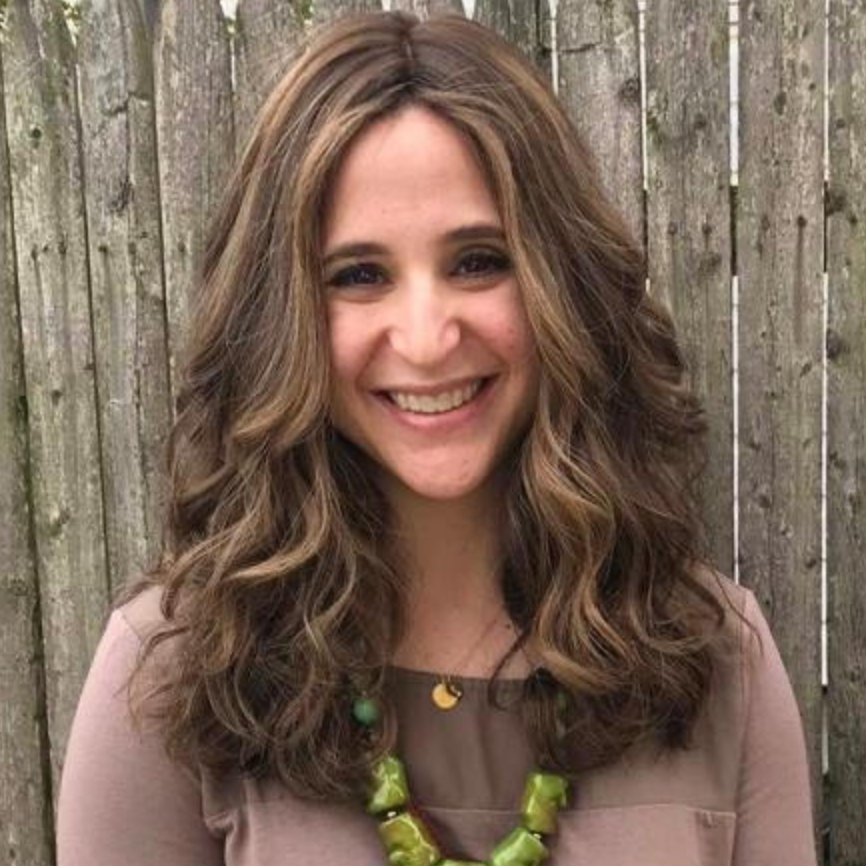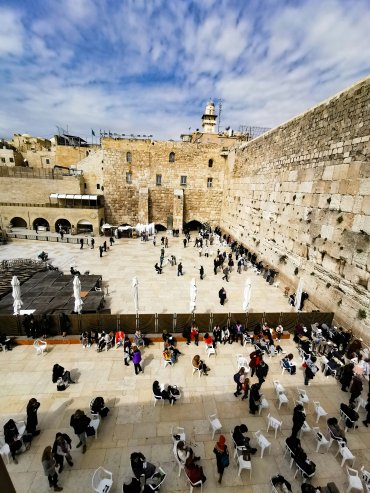
Shavuos During Covid: How We Can Increase Our Unity
If you’re like me, the COVID-19 outbreak led to a last-minute scramble for Pesach plans and perhaps an unexpected, but very enjoyable, first seder at home. With the flurry of activity that the initial shutdown brought, many are now beginning to reluctantly settle into a new normal – at least for the forseeable future. With Shavuos fast approaching many are wondering how we can adequately celebrate another holiday while isolated from friends and family. Shavuos, in some ways even more momentous in nature than Pesach, celebrates the consummation of our exit from Egypt with our national acceptance of the Torah. These lofty ideas might seem far-removed from our current reality of being stuck in our homes – a situation which is for many a trial of eking out some personal space (too much “quantity time” as my mother-in-law puts it), and for others may be a setting rife with real dysfunction and mental health triggers. Some feel physically and emotionally claustrophobic, others more alone and isolated than they have ever been. How can we overcome current circumstances to come together “K’ish echad b’lev echad,” “As one man with one heart”? Let’s explore the Jewish ideas surrounding unity to see if there might be a silver lining.
The holiday of Shavuot is compared in numerous places to a wedding between G-d and the Jewish people. After the trials and tribulations of being extracted from Egypt we are finally poised to join with Hashem at Mt Sinai, and finally the joyous moment of accepting the “ketubah”, our binding contract that is the Torah. (In fact, in many Sephardic synagogues, a symbolic ketubah is read before the Torah portion on the first day of Shavuot.) (Exodus 19:5-14).
In a Jewish marriage, the path to ultimate unity is paved with the ebb and flow of being together, apart, and together again. Similar to the ideas in the popular marriage book “The Seven Love Languages”, experiencing our relationships in different settings actually allows us to enhance and broaden our ability to connect. In fact, a relationship may not grow appropriately if we don’t allow it to change – when we do, the vulnerability we create requires growth.
The current physical distance from shuls, schools and batei midrash may feel like an overwhelming loss, and it is, but it may also serve as an impetus for positive change. An intimate connection with the Ribbono Shel Olam is not predicated on any particular time or place – the area of focus is on who we are as people, and we don’t require any specific environment to commune with the Omnipresent. Praying directly and informally to G-d in any language can be an intimate way to build an actual, personal relationship with our Creator. Our current challenge to shift this relationship inward, without the external aid of places of worship, allows us to focus on the fact that G-d is present with us everywhere.
The positive social ramifications have been enormous too. As in counseling couples who wish to improve their relationship, overcoming pettiness in the face of working as a team is paramount. Many times, it is exceedingly difficult to shift our priorities in order to work towards a common goal – the small things just feel too big on most days.
In many ways, the physical distance between us during COVID-19 has allowed us to “not sweat the small stuff” and work together on survival. Countless examples of this have been publicized: Jewish plasma-donors, kosher food packages sent to hospital workers, individuals reaching out to old friends just to check how they’re coping, and online platforms being quickly set up to provide guidance, education, and divrei Torah. Despite the circumstances, we have used this an opportunity to become “K’ish echad b”lev echad”.
The same way Bnei Yisrael prepared themselves fully before the Torah was first bestowed, we now demonstrate our readiness to Hashem by living with the consciousness of true unity, instead of focused on lesser priorities. By looking inward and making our relationships with G-d more personal, and by overcoming superficial obstacles to come together as a nation, may we be poised to fully accept the Torah this year and every year to come.
If you found this content meaningful and want to help further our mission through our Keter, Makom, and Tikun branches, please consider becoming a Change Maker today.







